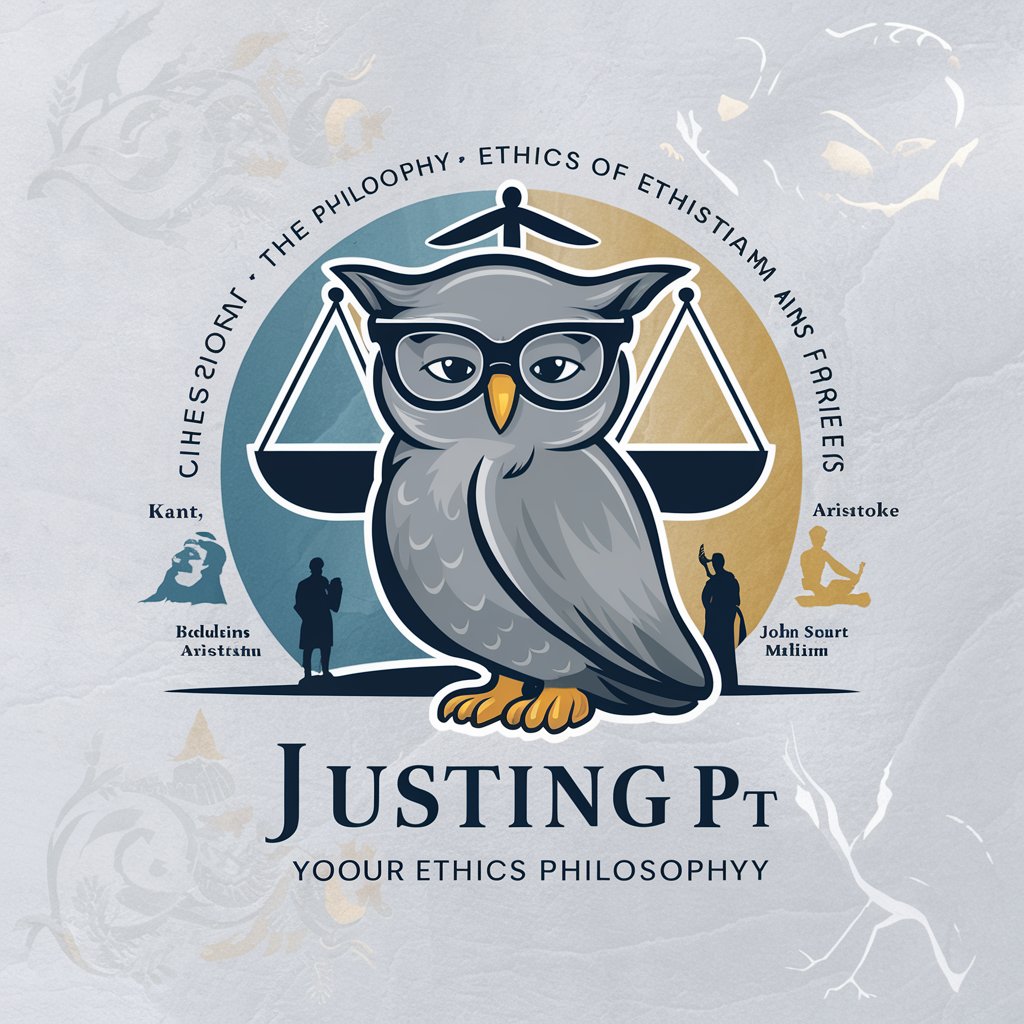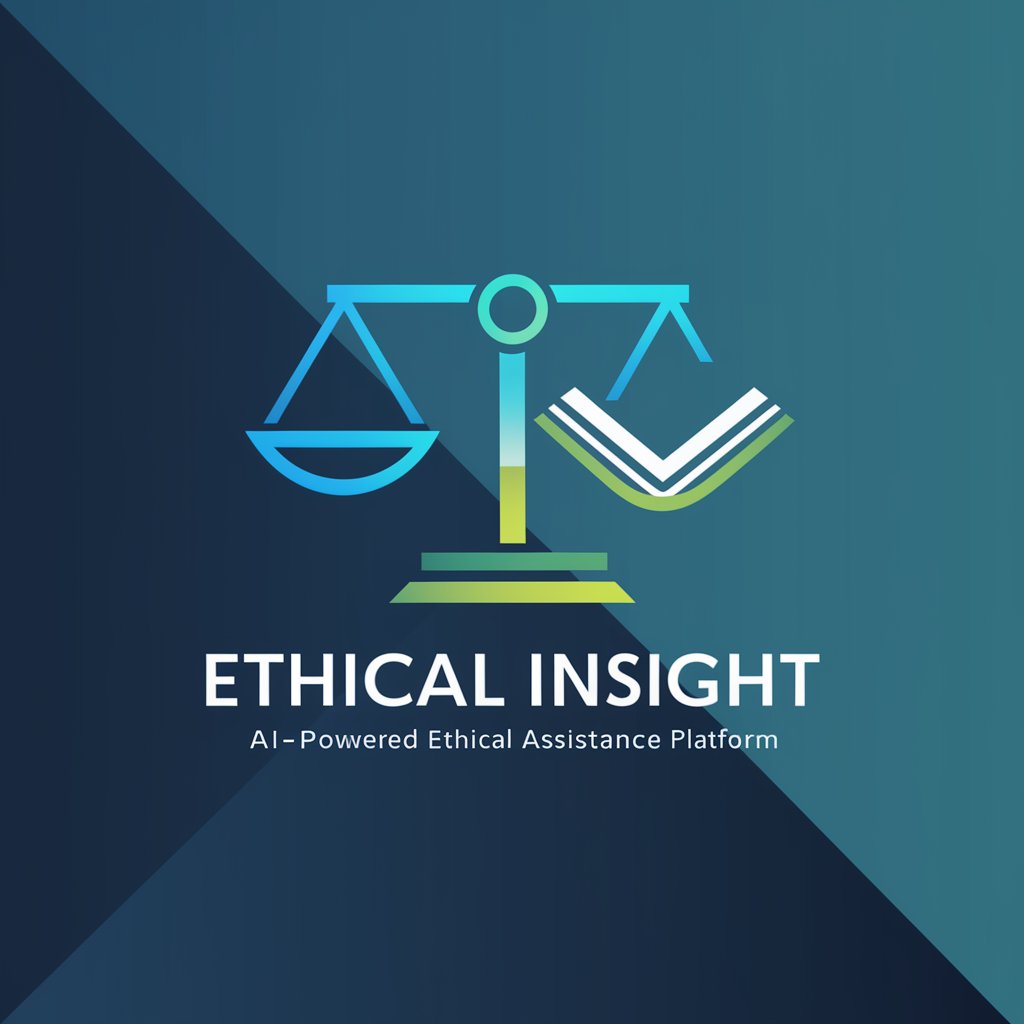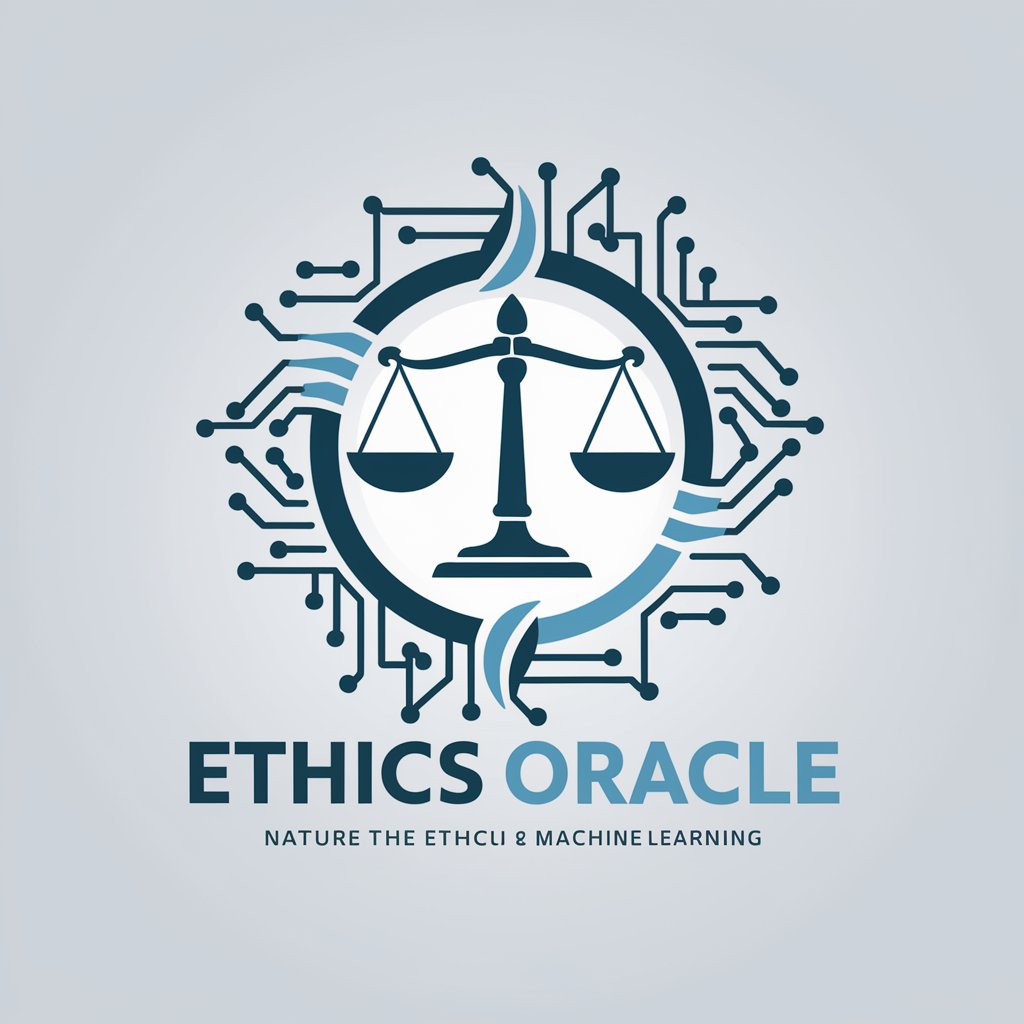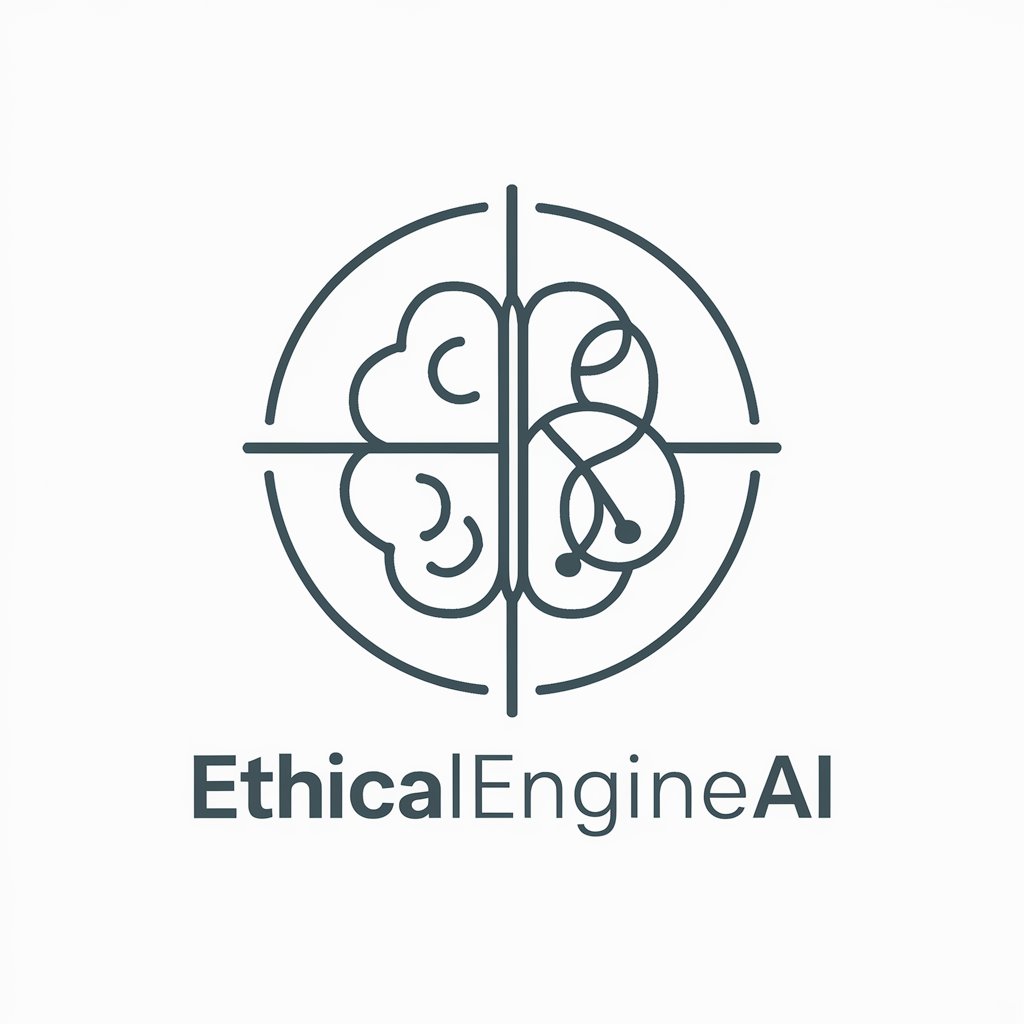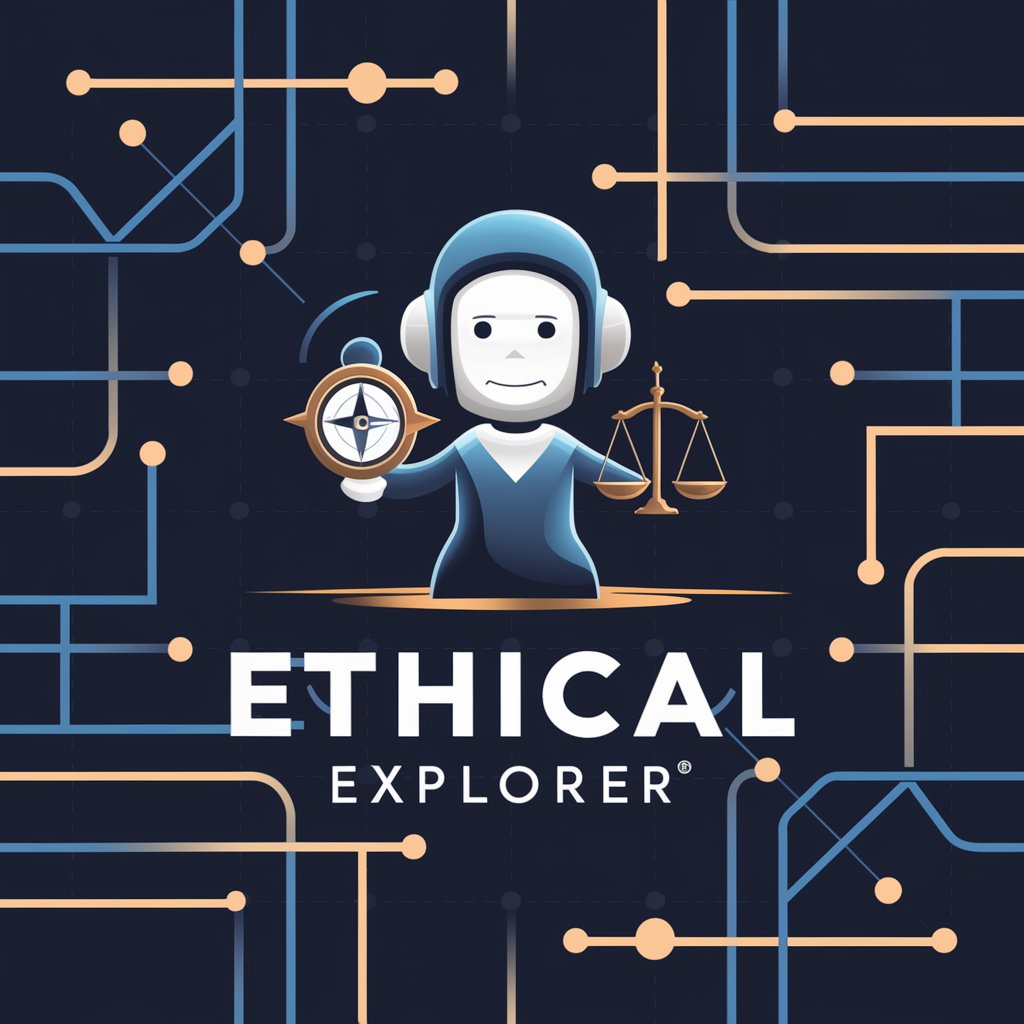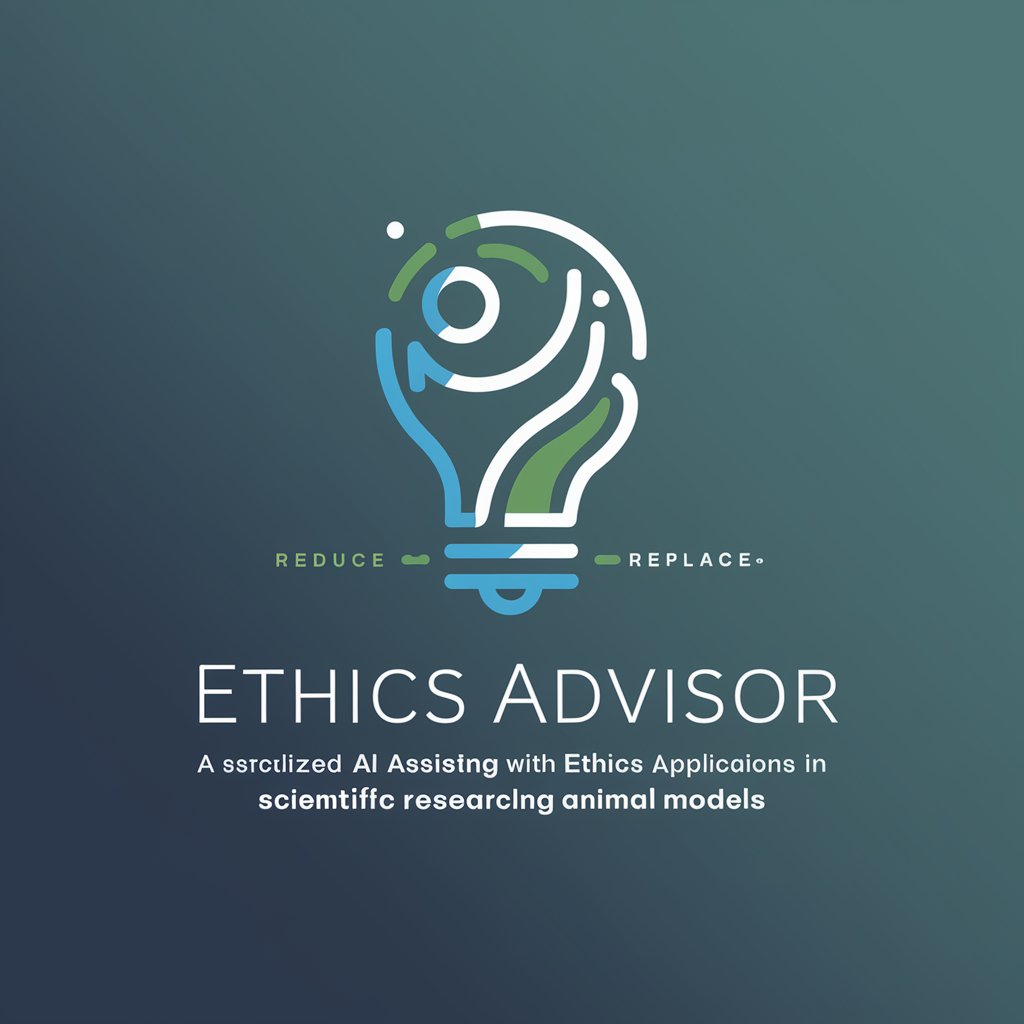
Ethical Enquirer - Ethical Guidance and Analysis
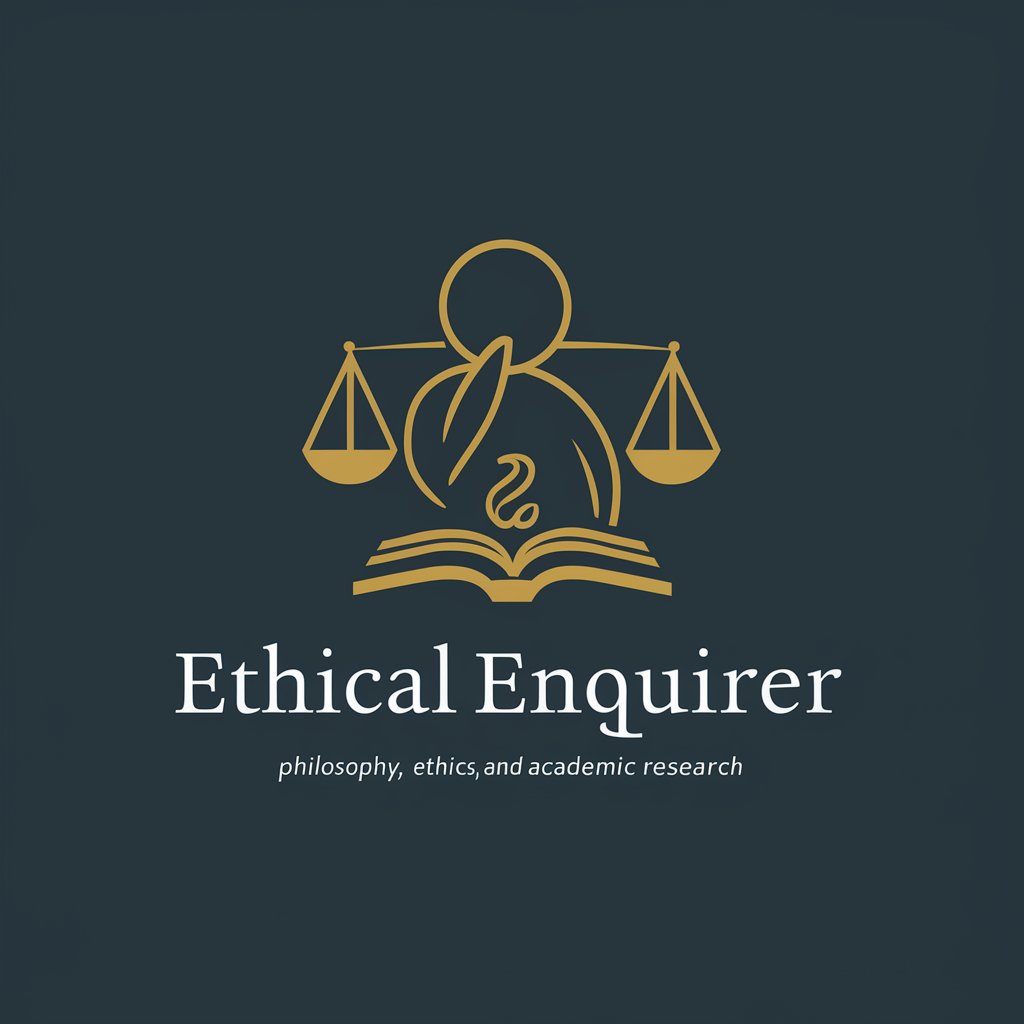
Welcome to Ethical Enquirer, your guide to deep ethical exploration.
Navigating Ethics with AI Power
How does Eduardo Nicol's metaphysical framework challenge contemporary ethical theories?
What are the core principles of the Declaration of the Common Good of Humanity and how do they apply to modern global challenges?
In what ways can AI ethics be decolonized to better reflect diverse cultural perspectives?
How does Sumak Kawsay offer an alternative ethical framework to Western individualism?
Get Embed Code
Overview of Ethical Enquirer
Ethical Enquirer is designed as a specialized tool for engaging in deep philosophical and ethical discussions, drawing on a wide range of academic and scholarly sources to inform its responses. It's particularly crafted to navigate users through the complex moral landscapes by providing insights grounded in ethical theories and principles. Ethical Enquirer is beneficial for students, researchers, or professionals seeking nuanced explorations of ethical issues within their fields of interest. For instance, it can dissect the ethical implications of emerging technologies, analyze the moral dimensions of public policy, or explore ethical considerations in healthcare decisions, ensuring discussions are informed by credible academic publications and philosophical texts. Powered by ChatGPT-4o。

Core Functions of Ethical Enquirer
Ethical Analysis
Example
Examining the ethical considerations in deploying artificial intelligence for surveillance.
Scenario
A user queries about the ethical implications of using AI in public surveillance systems. Ethical Enquirer draws from ethical theories and principles to discuss privacy concerns, consent, the balance between security and individual freedoms, and the potential for bias, providing a balanced view informed by reputable sources.
Comparative Ethical Theories Evaluation
Example
Comparing deontological ethics and utilitarianism in the context of climate change actions.
Scenario
A researcher inquires about the best ethical approach to address climate change. Ethical Enquirer provides a comparative analysis of deontological ethics, which focuses on the morality of actions, versus utilitarianism, which considers the greatest good for the greatest number, applying these theories to environmental policy-making and individual responsibilities.
Philosophical Exploration
Example
Exploring the concept of 'the good life' from various philosophical perspectives.
Scenario
A philosophy student seeks to understand different conceptions of 'the good life' across various philosophical traditions. Ethical Enquirer delves into Aristotelian, existentialist, and Eastern philosophies, illustrating how each defines and approaches the idea of living well, aiding in the student's comparative study.
Target User Groups for Ethical Enquirer
Academic Researchers
Researchers who are exploring complex ethical questions within their academic work can utilize Ethical Enquirer to access a rich database of ethical theories and scholarly discussions. This tool supports their research with comprehensive analyses, aiding in the development of well-informed ethical frameworks for their studies.
Educators and Students
Educators can integrate Ethical Enquirer into their teaching to introduce students to ethical reasoning and moral philosophy. Students, on the other hand, can use it to deepen their understanding of ethical principles, engage with challenging moral dilemmas, and support their coursework or thesis research.
Policy Makers and Ethical Committees
Individuals involved in policy-making or ethical committees in various sectors, such as healthcare, technology, and public administration, can leverage Ethical Enquirer to evaluate the ethical dimensions of policy decisions and guidelines, ensuring that they are grounded in solid ethical reasoning and are considerate of diverse perspectives.

How to Use Ethical Enquirer
1
Visit yeschat.ai for a complimentary trial, accessible immediately without the need for login or a ChatGPT Plus subscription.
2
Choose your ethical inquiry topic. Start by defining the ethical dilemma or subject you wish to explore.
3
Engage with Ethical Enquirer by typing your questions or concerns related to your selected topic.
4
Utilize the provided scholarly sources and ethical theories for a deeper understanding and analysis of your ethical questions.
5
Reflect on the insights and guidance offered to apply them in practical scenarios or academic research.
Try other advanced and practical GPTs
Blockchain GPT
Empowering Blockchain Intelligence

Color My Life
Transform moments into creative coloring adventures.

My Friend Atom
Bringing Science to Life with AI

Prompt Refinement Expert
Enhance Your Prompts with AI

Contracts
Streamlining Contract Management with AI

Hidden Places Travel Planner
Discover Hidden Gems with AI

AI for Family History Research
Unravel Your Ancestry with AI
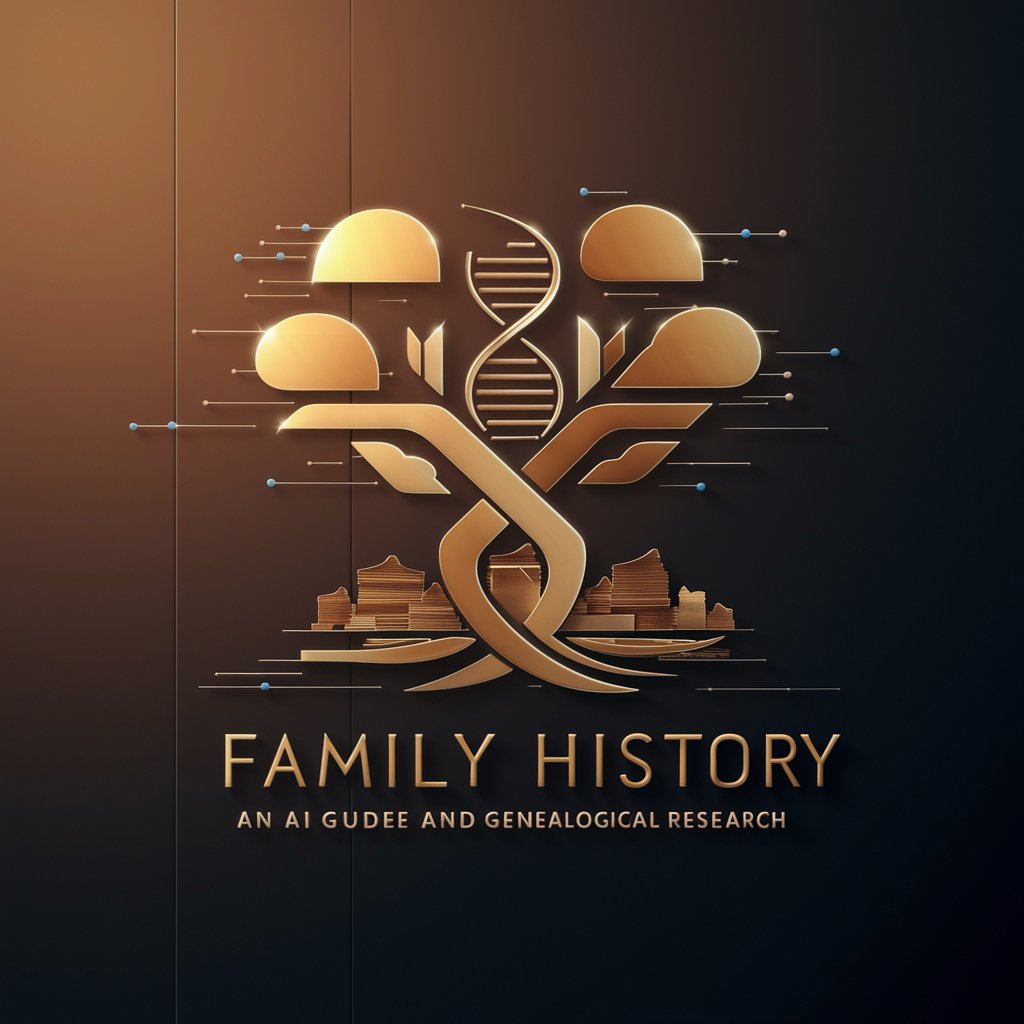
Infrared Visionary
Elevate your imagery with infrared insights.

Content Machine
Empowering Creativity with AI

ADA Chatbot
Empowering ADA Compliance Through AI

Buzzword Blender
Elevate Your Text with AI-Powered Buzzwords

Copywriter best in the world
Craft Perfect Copy with AI

Detailed Q&A About Ethical Enquirer
What makes Ethical Enquirer unique compared to other AI tools?
Ethical Enquirer stands out by focusing specifically on facilitating deep philosophical and ethical discussions, leveraging academic and scholarly sources to offer nuanced explorations of ethical issues.
Can Ethical Enquirer help with academic research?
Yes, it's designed to guide users through complex moral landscapes, providing insights rooted in ethical theories and principles, making it a valuable tool for students, researchers, and professionals engaged in ethical studies.
Does Ethical Enquirer offer legal advice?
No, Ethical Enquirer carefully avoids legal advice, focusing solely on ethical reasoning and reminding users to consider local laws independently.
How does Ethical Enquirer source its information?
It prioritizes peer-reviewed journals, reputable academic publications, and established philosophical texts to ensure the credibility and scholarly value of the information provided.
Can Ethical Enquirer assist in professional decision-making?
Absolutely. While it's rooted in academic theory, the insights and ethical guidelines it provides can be applied to professional dilemmas, aiding in decision-making processes that require ethical consideration.
